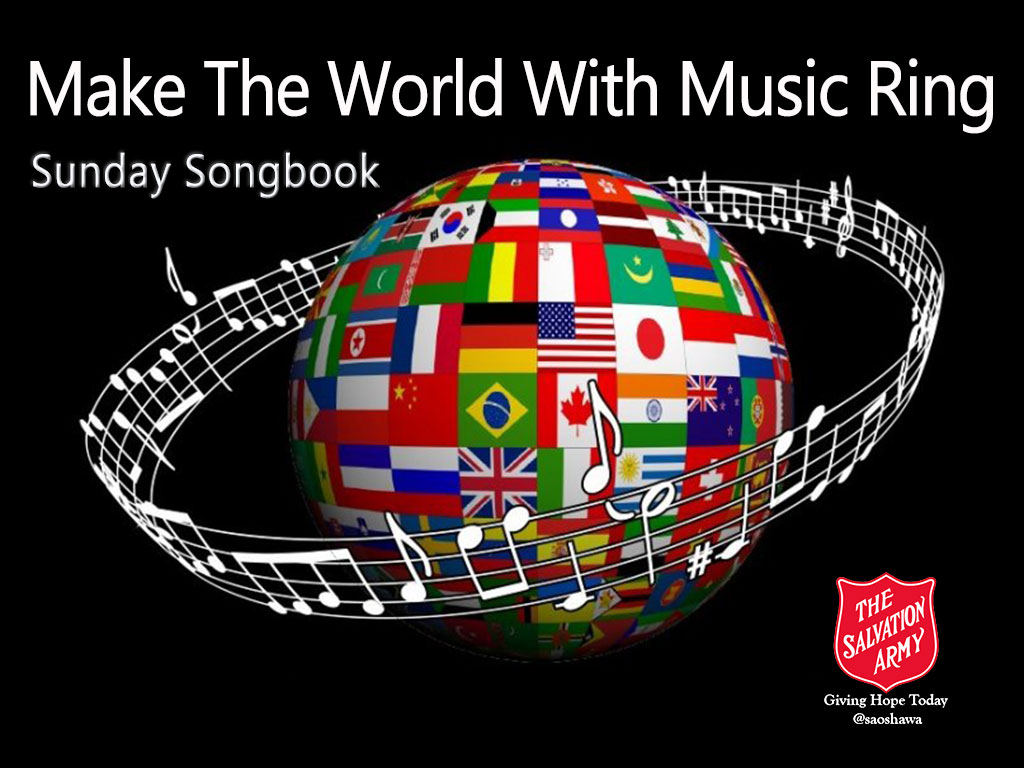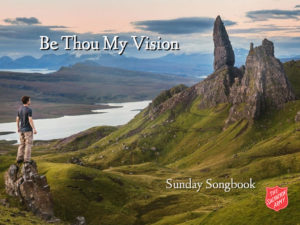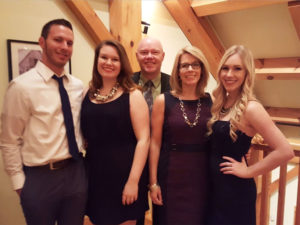Make the world with music ring,
While with heart and voice we sing
Praises to our God and King –
Hallelujah!
Tell with no uncertain sound
To the nations all around
Of the Saviour we have found –
Hallelujah!
Hallelujah! Hallelujah!
We shall conquer through the blood,
Give the glory all to God;
Hallelujah! Hallelujah!
We shall conquer through the blood –
Hallelujah!
Through the blood we shall prevail,
Though both Earth and Hell assail;
God in man can never fail –
Hallelujah!
Keep your weapons sharp and bright;
Buckle on the armor tight;
Fighting is our great delight –
Hallelujah!
Everlasting arms are ‘round;
Walls of fire the saints surround;
Enemies we shall confound –
Hallelujah!
Forward with the sword and shield:
Victory waits us on the field;
Stand your ground and never yield –
Hallelujah!
Sing your songs, ye saints of light –
Soon we shall escape from night,
Up to Glory wing our flight –
Hallelujah!
Face to face we then shall see
Him who died upon the tree;
Crowned with glory we shall be –
Hallelujah!
Military-style hymns are not fashionable nowadays, but this one by an early-day Salvationist, John Lawley, is included in our 2015 Song Book. The opening line – “Make the world with music ring” – states one of the Salvation Army’s best weapons in the “war against sin”. Music reaches people in so many different ways: as a means of worship, to encourage and cheer, to inspire and motivate, to challenge, and to invite people into a relationship with Jesus Christ.
Note that there is some discrepancy as to the authorship of the song. It has sometimes been attributed to Charles Coller, whose name is given in the 1987 Song Book. It has also been suggested that the author was a Colonel Pearson. The most recent research in England confirms Lawley as the writer, however.

John Lawley grew up on a farm in England, where he helped with farm work until his family moved to the town of Bradford. There he became an engine worker. He came to faith in Christ in a meeting of the Christian Mission – the name first given to the Salvation Army. Nine months later, he became a Christian Mission evangelist and by 1878 he was stationed at Jarrow-on-Tyne. That is where he wrote the first of his many songs. Later Lawley served in other corps and divisional appointments, before becoming Candidates’ Secretary at National Headquarters. He was an assistant to the Founder, General William Booth, for more than 20 years, and later to General Bramwell Booth, using his musical ability as a soloist and leader of congregational singing in their meetings. This song reminds one of the enthusiastic singing and much flag-waving of those early Salvationists!
WORDS: JOHN LAWLEY; MUSIC: I.R. MURRAY
S.A. SONG BOOK, 2015 EDITION, #966; 1987 EDITION, #809
REFERENCE: USAWEST.ORG

Here’s an arrangement you’ve never heard 🙂






